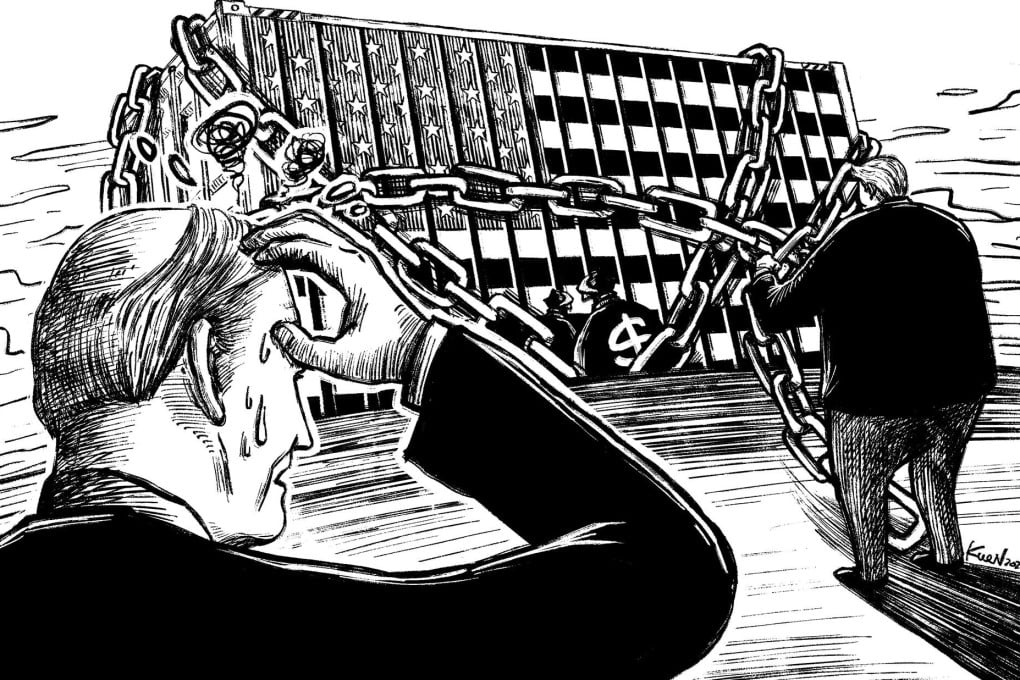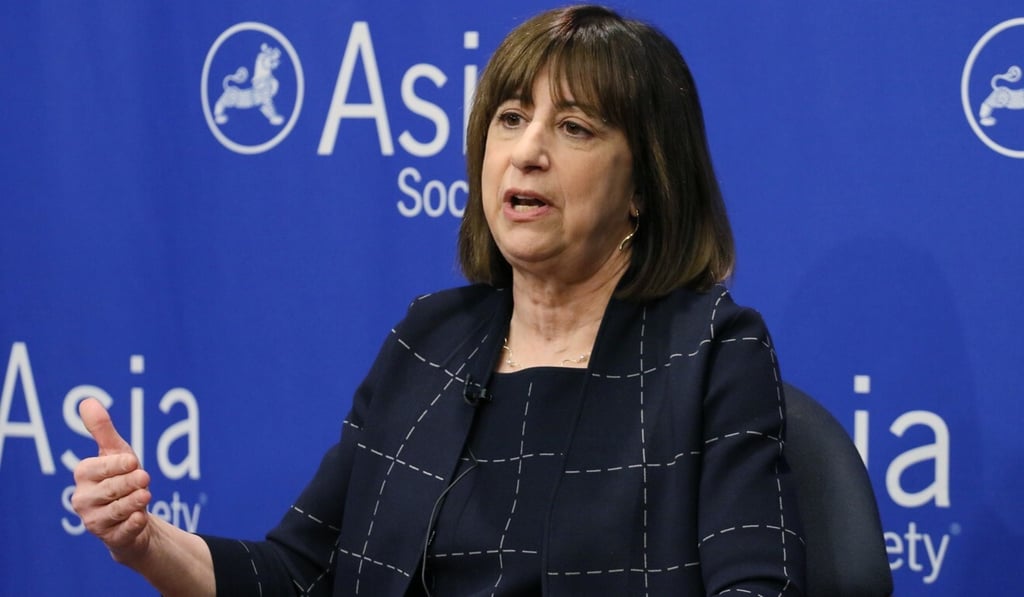Could a win for Joe Biden see the US re-engaging on global trade?
- Donald Trump pulled America out of the Trans-Pacific Partnership, which aimed to promote free trade among 12 nations involved in 40 per cent of global business
- Analysts say a Biden administration might try to join the pact that replaced it to help boost US exports

As voters in the United States prepare for the presidential election in November, the South China Morning Post is exploring the potential ramifications for China. The latest part of the US election series looks at what a victory for Joe Biden could mean for US trade policy.
Four years of Donald Trump have shown the world how forcefully a single US administration can defy American foreign policy conventions.
For China and many of the other large economies of the Pacific Rim, one of the most significant of Trump’s norm-shattering behaviours on the international front was his first – taken on the second day of his tenure – when he pulled the United States out of the Trans-Pacific Partnership (TPP).
TPP was a proposed free-trade agreement among 12 Pacific nations – including the US as well as Southeast Asian nations like Malaysia, Singapore, Vietnam and Brunei – that aimed to ease or eliminate tariff and non-tariff barriers on goods and services, and would have established trade rules beyond World Trade Organization commitments.
While never billed as such officially, China’s exclusion from the TPP was a key attribute for the US and other countries looking to check the regional influence Beijing had been gaining in tandem with its economic growth.
With voter sentiment turning sharply against global trade in the run-up to the 2016 presidential election – one reason for then Democratic candidate Hillary Clinton’s loss that year – US participation in the new trading bloc was never assured. Trump’s open distain for TPP, or any multilateral trade agreement for that matter, meant that America’s pull-out surprised no one when he assumed office.
